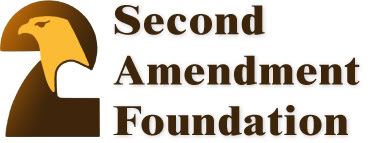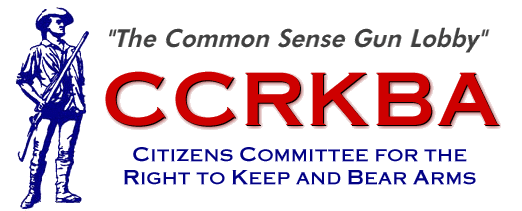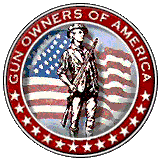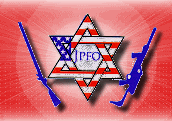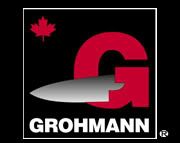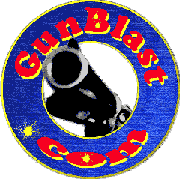Four score and seven years ago our fathers brought forth on this continent, a new nation, conceived in Liberty, and dedicated to the proposition that all men are created equal.
Now we are engaged in a great civil war, testing whether that nation, or any nation so conceived and so dedicated, can long endure. We are met on a great battle-field of that war. We have come to dedicate a portion of that field, as a final resting place for those who here gave their lives that that nation might live. It is altogether fitting and proper that we should do this.
But, in a larger sense, we can not dedicate -- we can not consecrate -- we can not hallow -- this ground. The brave men, living and dead, who struggled here, have consecrated it, far above our poor power to add or detract. The world will little note, nor long remember what we say here, but it can never forget what they did here. It is for us the living, rather, to be dedicated here to the unfinished work which they who fought here have thus far so nobly advanced. It is rather for us to be here dedicated to the great task remaining before us -- that from these honored dead we take increased devotion to that cause for which they gave the last full measure of devotion -- that we here highly resolve that these dead shall not have died in vain -- that this nation, under God, shall have a new birth of freedom -- and that government of the people, by the people, for the people, shall not perish from the earth.
Our 2X great-grandfather Barney Alonzo Parslow enlisted in D Company 134th New York Volunteer Infantry, reportedly with the stated purpose of ending slavery. He was one of the first in his community to do so. He was soon promoted to First Sergeant of the company, probably because he could read and write and do the math necessary to do the company reports. He later received a commission as 2nd Lieutenant. He was at Gettysburg. The 134th faced the 21st North Carolina at the brickyard on the first day. Barney was shot 2-inches above the right nipple and the "ball" (minie bullet or actual ball is unclear) exited just below the right shoulder blade. He was captured, carried across the creek there and laid out with the other captured, wounded and lay there until 5 July. The family story is that the burial detail grabbed him to take for burial and he cussed them out proving he was still alive. He was treated (that the ball missed bone probably saved his life) and sent to D.C. where he was assigned to the Invalid Corps until he recovered and was sent back to his unit, now in the western theater of operations. He was present for the battle of Lookout Mountain and Missionary Ridge. This was too much for him so far as his health was concerned and he resigned his commission and returned home. He married, opened a store in Breakabeen and farmed (or as the story goes, his wife and children did all the work) and lived there until he died in 1920 age 79. He attended the 1913 Gettysburg reunion. He did so because, as with veterans of all wars, he was connected to the place by the men he knew, the men who had died there. He understood the sacrifice and, I've been told, he had forgiven his enemies. This is just one of our connections to Gettysburg.
